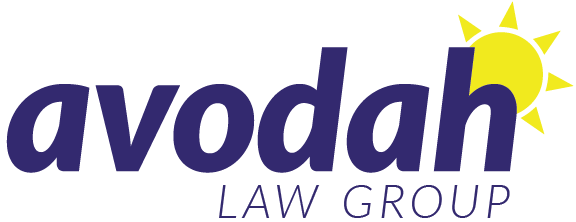Under Construction
We are currently redesigning our website. Thank you for your understanding.
Contact Us:
915 W. Imperial Highway, Suite 160
Brea, CA 92821
Tel: (714) 661-5938
Fax: (877) 754-9715
Email: info@avodahlawgroup.com

We are currently redesigning our website. Thank you for your understanding.
Contact Us:
915 W. Imperial Highway, Suite 160
Brea, CA 92821
Tel: (714) 661-5938
Fax: (877) 754-9715
Email: info@avodahlawgroup.com
